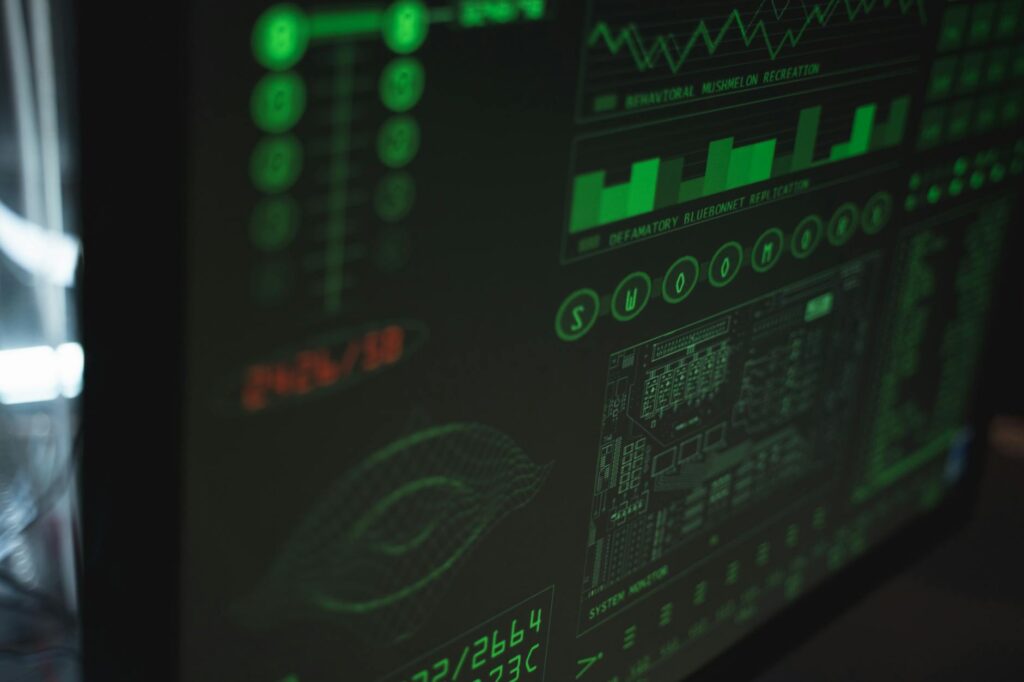DCDIAG Tests Ports and Protocols for Firewall
For those who are looking for knowing what protocol each DCDIAG tests ports command uses, this post shows all ports and protocols.
This is useful when you need to make sure the firewall rules are allowing communication between Domain Controllers when you execute the command dcdiag /e for example, to check all DCs in the enterprise, or dcdiag /a to check all DCs in the same Site.

DCDIAG (Domain Controller Diagnostics) is a command-line tool used in Windows Server environments to test the health and functionality of domain controllers. It runs a series of tests to verify various aspects of Active Directory and related services.
DCDIAG utilizes several network protocols during its testing process:
- DNS (Domain Name System): DCDIAG checks DNS resolution and registration, which is crucial for Active Directory functionality.
- LDAP (Lightweight Directory Access Protocol): Used to test directory services connectivity and replication.
- Kerberos: DCDIAG verifies Kerberos authentication services, essential for secure network communication.
- SMB (Server Message Block): Used to test file sharing and network resource access.
- RPC (Remote Procedure Call): DCDIAG uses RPC to communicate with domain controllers and perform various tests.
Some key DCDIAG tests include:
- Connectivity: Checks network connectivity between domain controllers.
- Replication: Verifies Active Directory replication between domain controllers.
- Services: Ensures critical Active Directory services are running correctly.
- Advertising: Checks if the domain controller is properly advertising itself on the network.
- FSMOs: Verifies the availability and functionality of Flexible Single Master Operation roles.
Running DCDIAG regularly helps maintain a healthy Active Directory environment by identifying and diagnosing potential issues before they become critical problems.
Still need help?
Running out of ideas or time how to fix Dcdiag test and protocols? Please contact me here, I will be happy to provide you with a quick analysis for resolution and configuration, at a fair price. Or use the form below if you prefer:
Check out more similar articles below
How to Migrate Files to SharePoint Online: 2025 Ultimate Guide
How to Migrate Files to SharePoint Online: 2025 Ultimate Guide Migrating your file shares to…
How to Configure App Protection Policies in Microsoft Intune
How to Configure App Protection Policies in Microsoft Intune In today’s business landscape, safeguarding sensitive…
Azure Cloud Migration for Beginners: A Practical 2025 Guide
Azure Cloud Migration for Beginners: A Practical 2025 Guide Moving your business to the cloud…
Ultimate Guide to How to Screenshot on a Computer Mac
Ultimate Guide to How to Screenshot on a Computer Mac For nearly two decades, I’ve…
SharePoint Site Building: A Complete Walkthrough for Your First Collection
SharePoint Site Building: A Complete Walkthrough for Your First Collection It is not very easy…
How to Enable MFA on Microsoft 365 for Better Security
How to Enable MFA on Microsoft 365 for Better Security Cybersecurity threats are on the…







